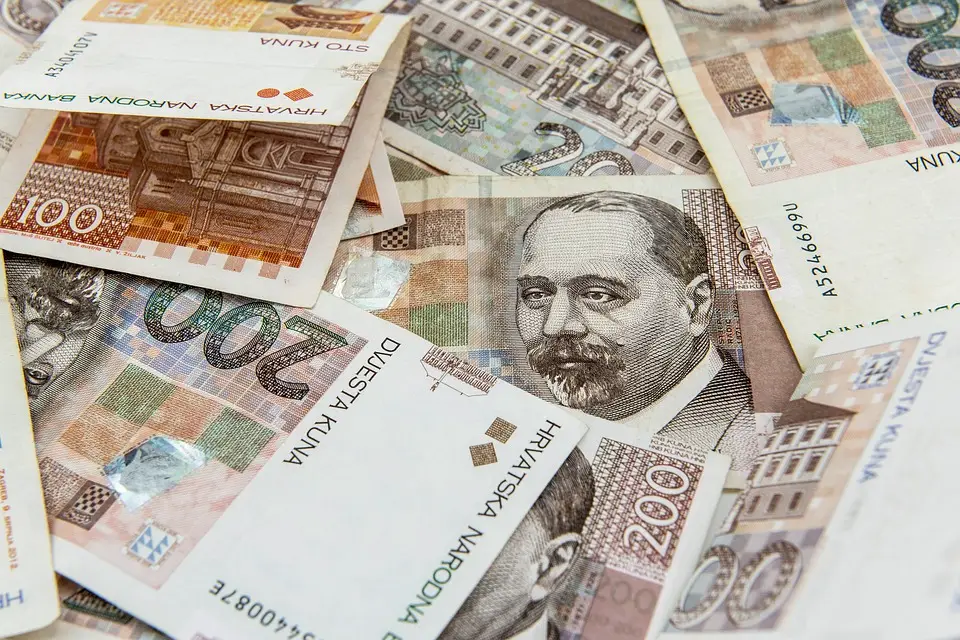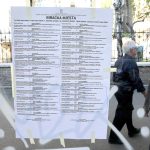As Poslovni Dnevnik writes, Prime Minister Andrej Plenkovic and CNB Governor Boris Vujcic addressed the public at a recent session of the Council for the Introduction of the Euro as the Official Currency, held at the National and University Library.
Plenkovic: There are many advantages for citizens
“Why is the introduction of the euro good? There are benefits for our citizens. Currency risks will disappear. The euro will bring with it a great impetus to the international exchange of goods and services,” explained Plenkovic.
“Euro deposits account for more than 76 percent of total time and savings deposits with banks, and 50.3 percent of total bank placements are euro placements. We intend to highlight several fundamental principles of this process which are included in the bill. The first and most important thing is consumer protection, we must prevent any situations that would take advantage of the introduction of the euro to the detriment of consumers,” added the Prime Minister.
“The intention is that in the beginning the prices will be expressed twice, both in kuna and in euros. Throughout the whole of 2023, after the introduction of the euro, prices will also remain highlighted in kuna. So, first we’ll pay in kuna and see the prices in euros, and then we’ll pay in euros, but we will also have the prices visible in kuna,” he said.
After Plenkovic, CNB Governor Boris Vujcic spoke, HRT writes:
“The most important thing in the law is that it contains the principle according to which the existing contracts stating the reference to the kuna are still valid. We’re removing any possibility of legal uncertainty during Croatia’s changeover to the euro,” he said.
“When it comes to the process of exchanging the kuna for the euro, consumer protection is important. Converting kuna into euros will be done by and in banks automatically and without any incurred costs,” assured Boris Vujcic.
“As for deposits and loans, people don’t need to worry, the conversion into euros will be done automatically on the day of the introduction of the euro in Croatia at a fixed conversion rate and without any cost. Agreements on all loans and deposits will continue to be valid,” he added.
“As for interest rates, the rule is that fixed interest rates will remain fixed, and when it comes variable interest rates, if the variable parameter needs to be adjusted when introducing the euro due to rounding, this law stipulates how this adjustment will be made,” Boris Vujcic said.
“The consumer must not be put in a worse position than they were in before”
“Again, the important principle is that the consumer cannot be in a worse position than they were in before. If there are any differences in the second decimal, it will be at the expense of the bank, not at the expense of people. When exchanging kuna cash, about 36 billion kuna is in circulation at the moment, it would be good to deposit as much of that money in banks as possible this year in order to logistically facilitate the conversion itself,” noted the governor.
“Those who fail to do so will have a chance after that, for one year at Fina, in banks and at Croatian Post (Hrvatska posta) offices, and banknotes will be able to be exchanged forever at the CNB, and the same will be made possible for kuna coins for the next three years,” concluded Boris Vujcic.
For more, check out our dedicated lifestyle and politics sections.









